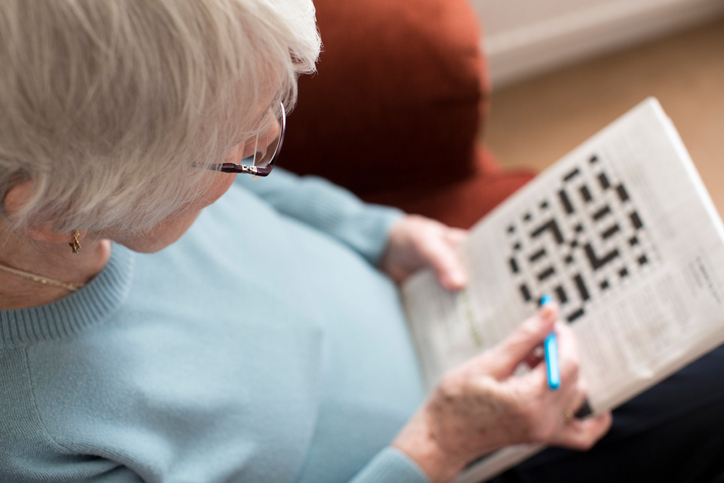With an estimated 6.2 million Americans age 65+ living with Alzheimer’s disease, many families struggle to slow cognitive decline in loved ones. There has been virtually no innovation in medications since 2003, and recent breakthroughs are limited and costly. However, non-medicinal interventions can be very effective. Belmont Village Senior Living shares six lifestyle tips that when applied systematically and under the guidance of trained professionals, can help alter cognitive decline.
“Maybe you’ve noticed a few changes in yourself or a loved one. Simple tasks seem to take longer. More and more, things are forgotten or misplaced,” says Patricia Will, founder & CEO of Belmont Village Senior Living. “The fact is that our brains change as we age, and some forgetfulness is to be expected. But, if you or a loved one are experiencing ongoing or increasing concerns about mental performance, it’s important to not give up hope, despite the fact there is no medicinal treatment for Alzheimer’s. Most people do not know that there is demonstrated research on how consistently integrating certain lifestyle tips is scientifically proven to help overcome the amyloid plaques that cause mental disconnect, and actually slow the progression of the disease.”
The following are six lifestyle tips, which when professionally supervised and systematically applied, can help build cognitive reserve in the brain, allowing aging adults to maintain function and higher quality of life.
- Healthy lifestyle: Pair nutritious brain food, like staples of the Mediterranean and Dietary Approach to Stop Hypertension (DASH) diets, with a good night’s sleep.
- Mental stimulation. Give the brain a workout by learning new things. Developed in consultation with Vanderbilt University’s Center for Quality Aging, Circle of Friends® is an approach proven to slow the progression of dementia that includes a comprehensive daily curriculum, allowing seniors to experience a constant brain workout and improve cognitive function. A Day in the Life: Circle of Friends.
- Daily exercise: Aerobic exercise is best for the brain and the heart. Couple this with yoga and tai chi to improve mobility and reduce stress.
- Socialization: Engage with peers in a community, whether it be through joining a book club or neighborhood walking group, to avoid spending time in isolation.
- Gratitude and Reflection: The Raise Your Resilience (RYR) study emerged from a partnership between Belmont Village Senior Living and the University of California San Diego School of Medicine in collaboration with Mather Institute. The study found that seniors experienced an increase in resilience and, surprisingly, wisdom, along with a significant reduction in the level of daily stress by participating in savoring, gratitude, and value-based activities.
- Purpose: Everyone has a rich life story of accomplishments. Re-align the soul and engage the brain by sharing these stories and expertise with others.
“No two people with cognitive decline conditions are alike. Everyone needs a reason to get up in the morning and a nurturing, loving environment in which they can thrive. Each is still a human being with a spirit that must be kept alive, relevant, and hopeful,” says Beverly Sanborn, VP of Program Development at Belmont Village Senior Living. “Instead of waiting for a miracle cure or throwing up hands and saying there’s nothing to be done, individuals can utilize the latest academic findings. That’s why we translated scientific research from multiple faculties, including the Vanderbilt Center for Quality Aging, USC and UCLA to create The Circle of Friends curriculum, now proven over 15 years of success. Whole Brain Fitness, Aerobic exercise, social-connectedness, nutritious brain food from the Mediterranean and DASH Diets and good sleep have been found to help delay the progression of dementia by preserving the happiness, health, and dignity of the aging population.”

